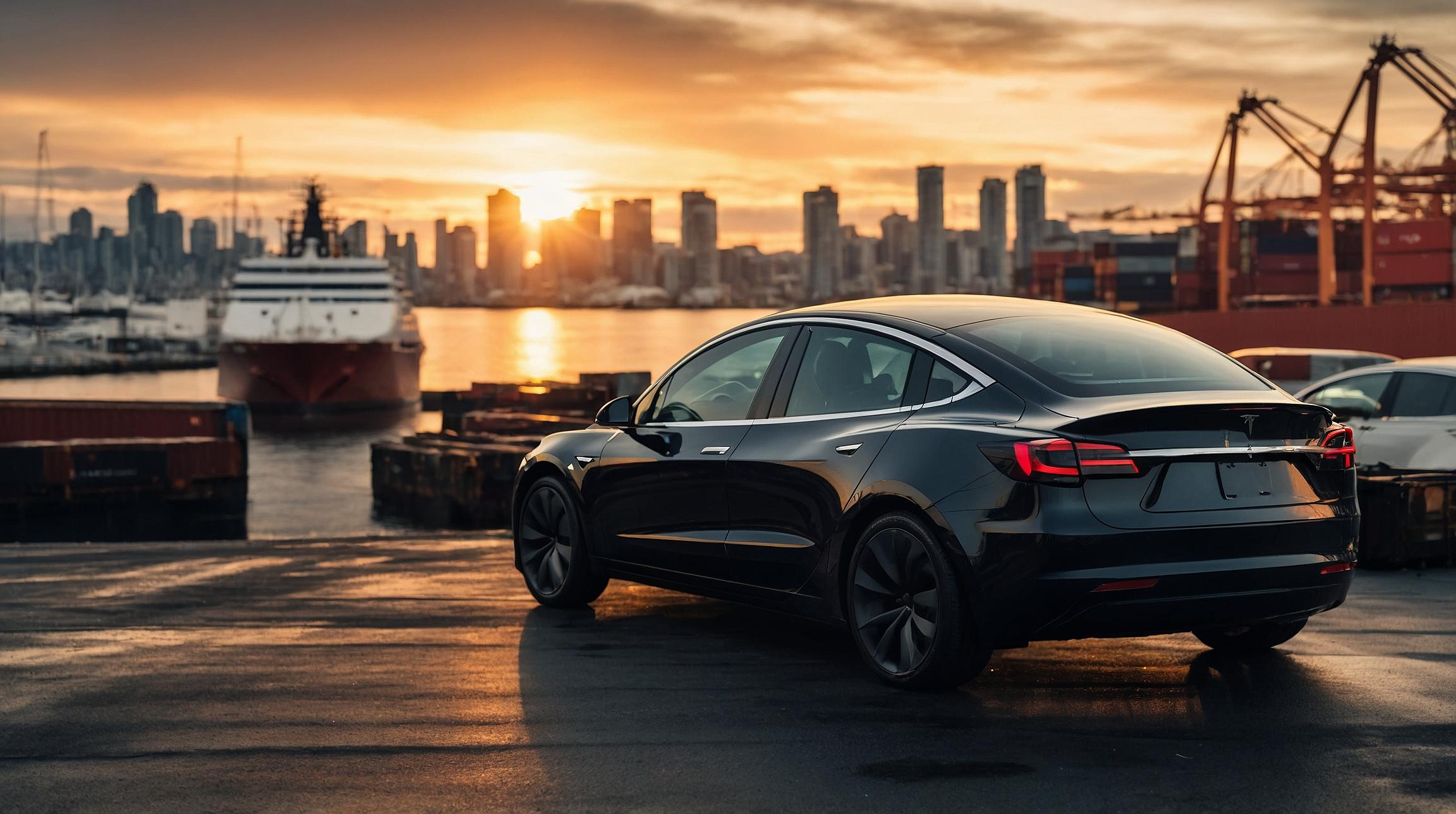Tesla Seeks Tariff Relief
Tesla, the renowned electric vehicle (EV) manufacturer, recently approached the Canadian government to request a reduction in tariffs on their China-made electric vehicles. This move was made in anticipation of Canada's recent decision to impose a 100% duty on EVs imported from China, a policy that took effect on October 1st. The tariff is a response to what Canada describes as China's deliberate overproduction strategy.
Understanding Tariffs and Their Impact
A tariff is a tax imposed by a government on imported goods. It is often used to protect domestic industries from foreign competition or as a response to unfair trade practices. In this case, Canada has aligned itself with the U.S. in addressing China's industrial policies. Tesla, like other automakers, sought to negotiate a rate similar to what they received in the European Union, which imposed a much lower 9% tariff on Tesla's China-made cars compared to the 36.3% on other Chinese EVs.
Tesla's Strategic Moves
While Tesla has not publicly disclosed the number of vehicles exported from China to Canada, data indicates that their popular Model 3 and Model Y models are reaching Canadian shores from Shanghai. This strategic move was likely made to capitalize on the rapidly growing Canadian demand for EVs, evidenced by a significant increase in imports through Vancouver, which surged 460% year-on-year.
Comparisons with U.S. and EU Policies
The European Union's approach to Tesla's vehicles suggests a preferential treatment based on direct subsidy costs, while the U.S. and Canada consider a broader range of factors, including environmental and labor standards. This comprehensive approach reflects the complexity of international trade relations and the balancing act governments must perform between protecting local industries and maintaining healthy trade ties.
Industry Response and Future Implications
Tesla has not engaged in further discussions with Ottawa following the implementation of the new tariff. The Canadian government, under Finance Minister Chrystia Freeland, has remained tight-lipped about any negotiations with Tesla. Other automakers, such as Volvo and Polestar, are also analyzing how the Canadian tariffs will impact their operations, given their reliance on Chinese manufacturing for some models.
Global Trade Tensions and Their Effects
The decision to impose these tariffs aligns with broader global trade dynamics, particularly the U.S.'s recent increase in tariffs on Chinese goods. These measures have sparked concerns over potential trade wars and their impact on global economies. As such, consumers and businesses alike are watching closely to see how these policies will influence prices and availability of EVs in North America.
Practical Example: If a Chinese-made Tesla Model 3 costs $50,000 before tariffs, a 100% tariff would effectively double the price to $100,000, making it less competitive compared to vehicles manufactured outside China.
In summary, while Tesla's efforts to secure a lower tariff rate were unsuccessful, the situation highlights the complexities of international trade policies and their direct impact on consumer prices and market dynamics.













